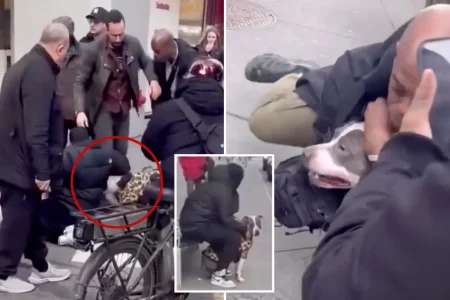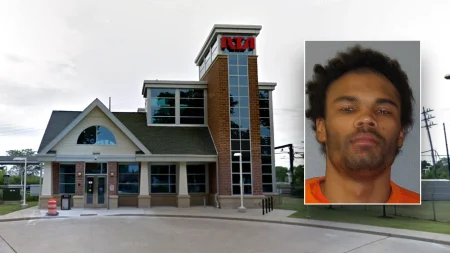Pope Francis’ 2022 Christmas message, delivered from the central balcony of St. Peter’s Basilica in Vatican City, resonated with a profound plea for reconciliation, peace, and a renewed commitment to caring for others, particularly those marginalized and suffering. His words, imbued with both the joy of the nativity and a somber awareness of the world’s afflictions, painted a stark contrast between the humble birth of Christ and the harsh realities faced by millions across the globe. He lamented the ongoing wars and conflicts, the deepening economic inequalities, and the pervasive indifference that often characterizes human interactions, urging a shift in perspective and a return to the core values of compassion, empathy, and shared humanity. The Pope’s message was not simply a seasonal greeting; it was a powerful call to action, imploring individuals, communities, and nations to embrace a spirit of dialogue, forgiveness, and solidarity in the pursuit of a more just and peaceful world.
The backdrop of the Pope’s message was a world grappling with multiple crises. The war in Ukraine, with its devastating human cost and geopolitical ramifications, loomed large. He specifically called for an end to the senseless violence and a commitment to dialogue and negotiation. But the conflict in Ukraine was not the only source of his concern. He acknowledged the numerous other forgotten wars and conflicts raging across the globe, often in regions plagued by poverty, hunger, and political instability. These conflicts, he emphasized, not only inflict immeasurable suffering on innocent civilians but also contribute to the global displacement crisis, forcing millions to flee their homes in search of safety and a better life. He called upon the international community to redouble its efforts to address the root causes of these conflicts, promoting peace through diplomacy, humanitarian aid, and sustainable development.
Beyond the geopolitical landscape, the Pope also addressed the pressing social and economic challenges facing humanity. He spoke of the widening gap between the rich and the poor, the growing prevalence of social inequalities, and the devastating impact of the ongoing economic crisis on vulnerable populations. He condemned the “throwaway culture” that marginalizes and dehumanizes those on the periphery of society, including the elderly, the sick, the disabled, and the migrants seeking refuge. He underscored the inherent dignity of every human person and the moral imperative to extend compassion and support to those in need, reminding the world that true peace and prosperity cannot be achieved while vast segments of humanity are left behind.
The Pope’s message was deeply rooted in the spirit of Christmas, emphasizing the significance of Christ’s birth as a symbol of hope and renewal. He highlighted the humility and simplicity of Jesus’s arrival into the world, born in a manger, far from the centers of power and privilege. This humble beginning, he argued, serves as a powerful reminder that true greatness lies not in material wealth or worldly power, but in service to others and a commitment to the values of love, compassion, and justice. He urged Christians to embrace the true meaning of Christmas by extending a hand of friendship and solidarity to those in need, embodying the spirit of generosity and selflessness that characterized the life of Christ.
Central to the Pope’s message was the call for reconciliation. He stressed the importance of forgiveness, dialogue, and understanding as essential tools for building bridges between individuals, communities, and nations. He emphasized that true peace is not simply the absence of conflict but the presence of justice, equality, and mutual respect. He urged individuals to overcome prejudices, stereotypes, and divisions, embracing a spirit of empathy and compassion towards those who are different. He challenged political leaders to prioritize the common good over partisan interests, working collaboratively to address the complex challenges facing humanity. He called upon the international community to strengthen multilateral institutions and foster a spirit of global cooperation in the pursuit of a more just and sustainable world.
In closing, Pope Francis’ Christmas message was a powerful and timely reminder of the shared responsibility to build a world founded on peace, justice, and solidarity. His words, resonating with a deep sense of urgency and compassion, challenged individuals and nations alike to confront the pressing issues of our time with courage, determination, and a renewed commitment to the values of the Gospel. He invited the world to embrace the spirit of Christmas not just as a seasonal celebration but as a transformative force for positive change, inspiring hope and encouraging action towards a future where all people can live in dignity, peace, and prosperity. His message was a beacon of hope in a world often marked by darkness, offering a path towards a brighter future built on the foundations of love, compassion, and shared humanity.










